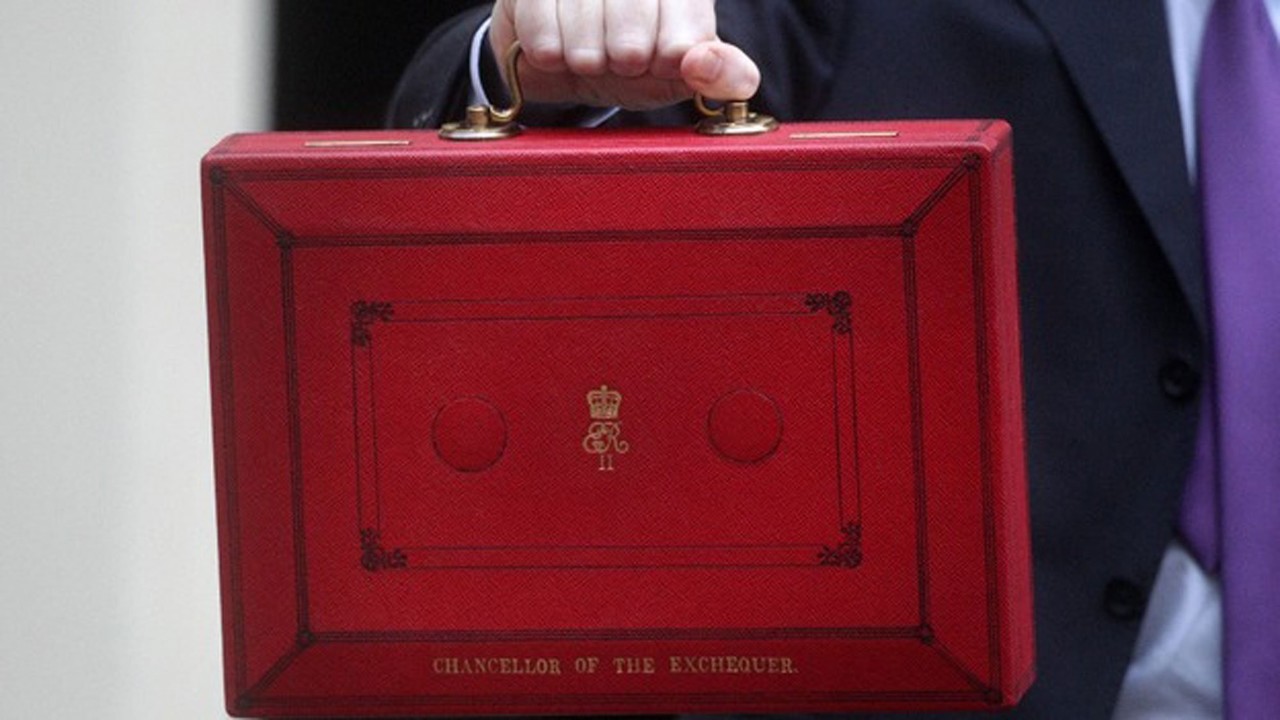
The Budget: CPI switch offers a hint of good news in an otherwise gloomy picture
Well, the fact that business rates will be calculated on the CPI Index rather than the RPI Index isn’t necessarily the big headline some would have hoped for from today’s budget.
But actually, for small businesses, it’s good news.
The CPI Index is a measure of inflation that’s typically lower than the RPI – meaning that rates tied to it will be lower, too. So, in a nutshell, many small businesses should see a slight drop in their rates when the switch occurs in April 2018 (it was already planned to switch two years later). Hammond claims the move will save businesses £2.3 billion.
Additionally, rates calculations will take place every three years, rather than every five. This should ensure we don’t see rate valuation catastrophes like last year’s.
However, this is nothing to get carried away about. It isn’t the ‘freeze’ many were calling for, and the value of the change itself to small businesses is difficult to measure. The savings Hammond quoted will stretch over the next five years, and in truth this won’t offer too much hope for those small businesses who are already struggling to keep up with rising payments. It’s worth remembering that many saw their bills rise by around 50% last year, which is simply unmanageable.
VAT threshold frozen – as is, it seems, the UK’s economy
Rumours had been circling that the VAT threshold for businesses would drop, but it was announced that it will remain at £85,000 for the next two years.
The consensus is that many businesses stop pushing for growth when they approach the current threshold – and therefore a significant drop would incentivise growth.
But this delay is probably welcome for the majority of small businesses. In reality, it would be a significant administrative burden – and indeed, administrative cost – and the freeze represents one less thing to worry about, for now.
But more broadly, this was not a particularly inspiring Budget speech. The headline is slower growth, not just this year but every year until 2022. Productivity is down – and expected to plummet further. And borrowing will go up – not, as we might hope, to fuel better infrastructure and business growth, but really just to help the UK through a difficult period.
Small businesses have no choice but to roll their sleeves up
Essentially, it was a non-event. Another missed opportunity to make a difference and lead. More of the same which is leading nowhere.
Like a game of Jenga, solving one problem invariably seems to create another.
Small businesses in specific sectors may well find some good news stories - £540 million will be given, for example, to support the growth of electric cars. But in the hard, day-to-day reality of life as a small business owner in the UK, there is very little in this budget that’s either good or bad.
As ever, there is no safety net as a business owner – there are no hand-outs. It’s time to work even harder, and time to find our own solutions to our own business problems. Today’s Budget is simply a reminder of this: a reminder that success and failure will be determined by the actions of business owners themselves, and not the government.
For a full and comprehensive summary of the key policies from today’s budget, please read our budget guide.
----------------------------------------
- Christian Nellemann is the Founder and CEO of XLN, a provider of low-cost phone, broadband, energy and card processing services exclusively to small businesses. A serial entrepreneur, he’s a two-time winner of Ernst & Young’s Entrepreneur of the Year award and one of only 17 inductees into their Global Hall of Fame. He is passionate about small businesses, and is a featured columnist for realbusiness.co.uk. Follow him on Twitter @christianxln